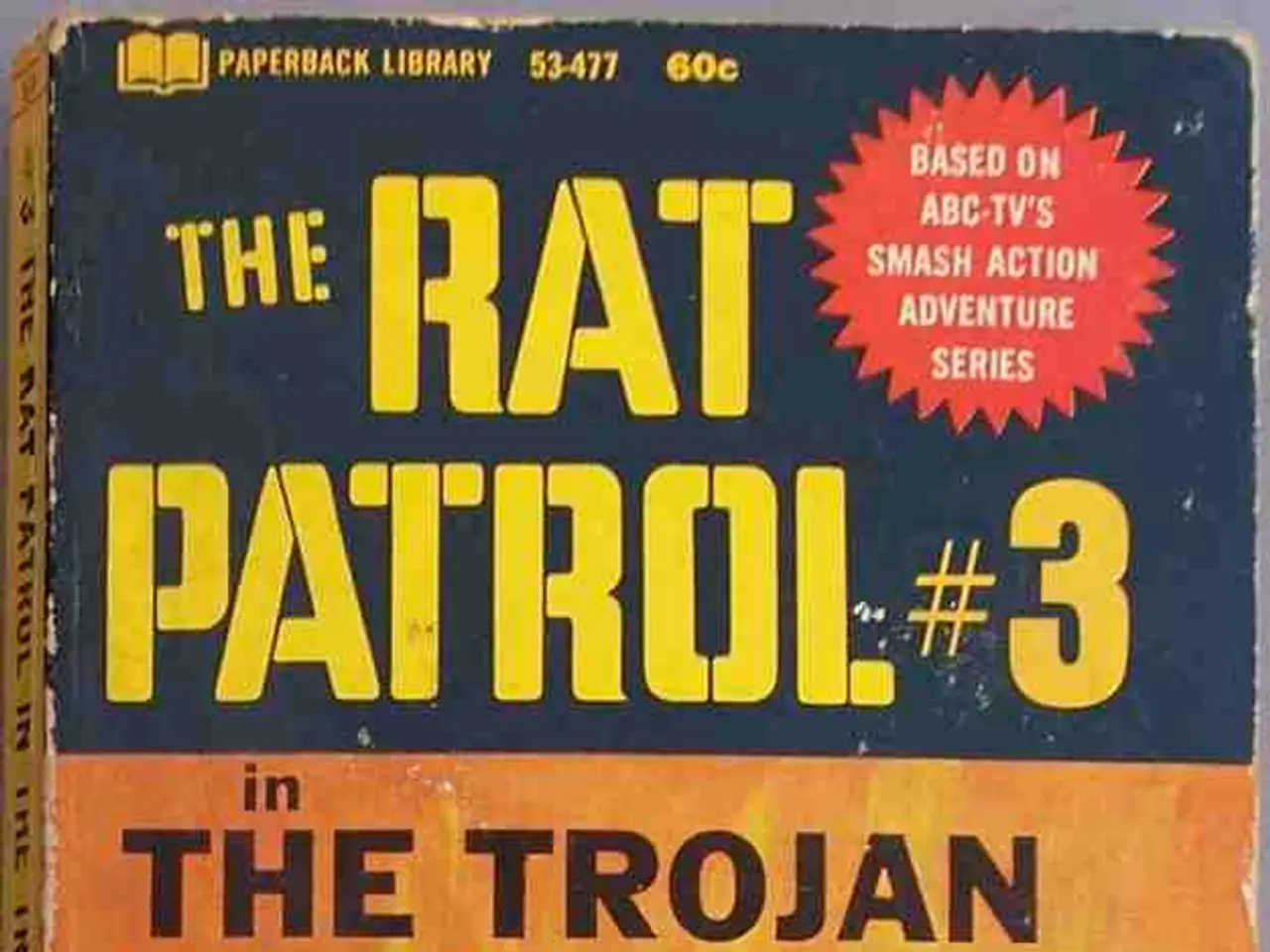In Al Fashir, Sudan, numerous residents are forced to consume animal feed as a means of survival amidst ongoing siege conditions.
The city of El Fasher, located in North Darfur, is currently under a 14-month siege by the Rapid Support Forces (RSF) as part of the ongoing civil war in Sudan. The siege has caused a dire humanitarian and famine crisis, exacerbated by restricted aid and ongoing violence.
El Fasher, with a population of approximately 900,000 inhabitants, has been cut off from essential supplies such as food and water. The siege has blocked food and fuel from entering the city, leading to starvation among its residents. Community kitchens are the only source of food for hundreds of thousands of elderly, women, and children facing starvation.
Mohamed al Doma, treasurer of El Fasher's Emergency Response Rooms, believes there is a famine of the first degree in the city. Gunshots can be heard in the background during voice notes from local journalist Muammer Ibrahim. The markets are empty, partially destroyed by shelling, and civilians are being killed daily.
The situation in El Fasher has worsened significantly since the confirmation of famine in December 2024. At least 100 people, including children and aid workers, were killed in the attacks on Zamzam camp, a displacement camp 7.5 miles south of El Fasher. Hundreds of thousands of people who fled the famine-ridden Zamzam camp are now squeezed into tents on the edges of El Fasher, completely cut off from humanitarian assistance.
The RSF ransacked the Zamzam camp in April after the military reclaimed Sudan's capital Khartoum. Aid convoys attempting to enter El Fasher have come under fire by the RSF since last year, and several trucks have been prevented from reaching their destinations. The city is a militarized zone as Sudan's army and the Darfur Joint Protection Force resist the RSF from capturing the last state capital in the Darfur region not currently under their control.
The causes of the siege include the broader conflict between RSF and Sudan’s Armed Forces (SAF) over territorial and political control amid Sudan’s civil war, with RSF trying to consolidate power in Darfur and South Kordofan, and SAF holding other parts of the country. This conflict has ethnic dimensions as RSF-aligned Darfuri Arab militias have committed massacres against non-Arab communities, worsening regional instability and humanitarian fallout.
International and UN agencies recognize Sudan as the world’s largest humanitarian crisis, providing assistance when possible but struggles are immense amid continued conflict. Satellite imagery indicates some civilian pattern of life continuing in part of El Fasher and Abu Shouk IDP camp, suggesting limited ongoing resilience or aid presence. Diplomatic and peace efforts remain stalled, limiting prospects for a ceasefire that might enable expanded humanitarian access.
Malnutrition rates in El Fasher are catastrophic. Disease outbreaks such as cholera have emerged in displaced persons camps, compounding the crisis. Over 12 million people have been displaced across Sudan, many from Darfur; El Fasher itself hosts many internally displaced persons.
Despite these challenges, efforts to alleviate famine and humanitarian suffering are ongoing. However, curfews and active fighting impede the distribution of aid and essential supplies. The IPC Famine Review Committee confirmed famine in five areas in December 2024, including El Fasher.
In summary, El Fasher is under heavy siege by RSF driven by the broader civil war context, causing a dire humanitarian and famine crisis exacerbated by restricted aid and ongoing violence. Despite some international efforts, the situation remains critical with little immediate relief.
- The ongoing civil war in Sudan, specifically in El Fasher, not only poses a direct threat through violence, but also indirectly through the lack of access to essential supplies such as food, water, and medicine, which could potentially lead to outbreaks of diseases like cholera in health-and-wellness crisis.
- Amidst the ongoing conflict, efforts towards scientific advancements and research are likely to stagnate in El Fasher due to the chaos and instability caused by the war, which could hamper any potential progress in the city's health-and-wellness sector.




